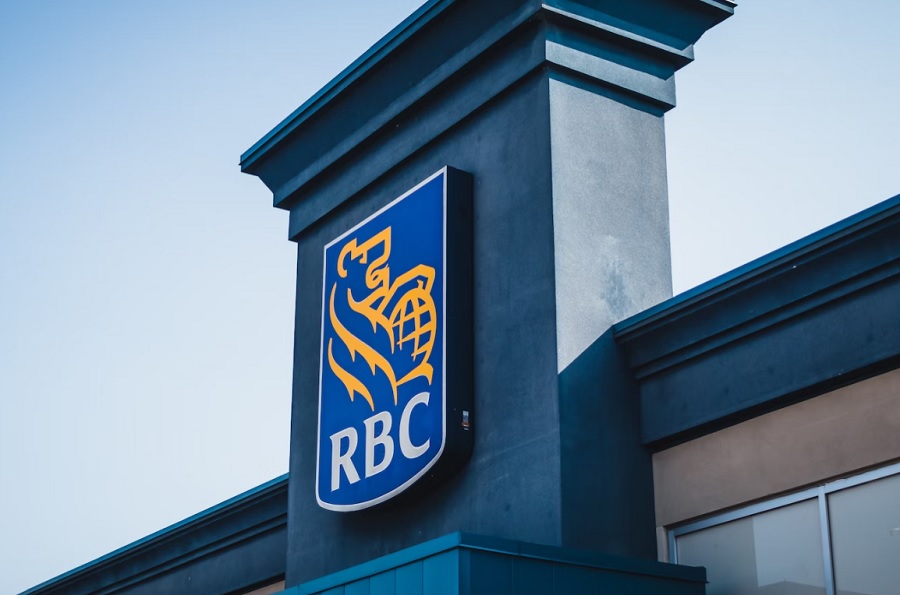Ruth Saldanha: Earlier this week, Royal Bank of Canada, or RBC (RY) agreed to buy HSBC's Canadian unit for $13.5 billion in cash. This is basically Canada's largest bank buying the country's 7th largest bank. So, what will this mean for the RBC stock? And is more consolidation in Canadian banks a good thing right now, especially when we already pay so much in terms of fees for our banking services? Morningstar banking analyst, Eric Compton, is here today to discuss this. Eric, thank you so much for being here today.
Eric Compton: Yeah, thanks for having me.
RBC Faces Client Retention Risks
Saldanha: Let's start with the first question. Is this a good thing for RBC?
Compton: Yeah. So, I think that there's some debate around that about how positive this will actually be for RBC. So, a couple of factors go into that. One is just what are they going to get out of the asset they are acquiring. And then, the second thing is, how much did they end up paying for it and is there room for some value creation beyond the price they paid.
So, just thinking about – I'll start with some of the risks, some of the debate around the asset they are acquiring. So, RBC is acquiring, like you said, the Canadian operations of HSBC. And on the surface, this does make some sense. HSBC does have some solid commercial clients and some affluent wealthy clients. The average wealth of the HSBC Canada client is a bit above what the average RBC client is. And so, there's a decent client base there that theoretically does have a lot of overlap with what RBC offers. So, I think, on the surface, this does make some sense.
Also, you see this a lot when a domestic bank acquires the local operations of a foreign bank where they can – RBC already has a large branch network. They already are pretty scaled up. And so, they're able to cut out a lot of costs from what would be kind of a non-scaled up unit of these foreign banks. And so, you've seen this before, and that's exactly what RBC is going to do with HSBC Canada. They're going to cut out roughly 55% of expected expense base. And so, there's some value creation there.
Now, where it gets a little debatable is HSBC is this bank, it's known for being this globally connected bank. They have operations all around the world. And so, a lot of people have an account with HSBC because of those different nodes in the global network. And so, RBC, they're just acquiring the Canadian asset. And so, they're not really expanding their global presence per se. They'll be getting some improvements to maybe things like trade finance products. There's a couple of other products. Or maybe they'll be able to incorporate some of those HSBC advantages. But on the whole, they're not really creating a global presence, a global network. So, I think there is some debate about to the extent that clients were members of HSBC Canada for those global reasons, maybe there's some client retention risk as RBC takes over. So, I think there's some debate about that.
And then, just to touch on the price real briefly, rumors leading up into the deal that the price was – potentially, this unit was going to go for, like, $8 billion to $10 billion. RBC ended up paying $13.5 billion. So, it was a little bit on the pricier side. And when we look at just the overall profitability of this segment, even after cutting out some of those expense, we think they paid a full price and there's just not going to be as much opportunity for value creation unless they can really overcome those client retention risks and actually grow the client base and grow revenue substantially. So, that's some of the debate happening about that acquisition right now.
Impact on RBC Stock to be Neutral
Saldanha: What impact do you think this is likely to have for the stock? Is RBC stock a buy right now?
Compton: Yeah. So, RBC right now we have it around fairly valued. So, we don't think there's a lot of undervaluation there. When they announced the acquisition, the market mostly reacted neutrally. I think the stock was down maybe 1% that day, and the overall sector was down a little bit. So, I would say, fairly neutral reaction, which was our reaction as well. We thought it's not going to be – we don't think this is obviously value destructive, but we don't think it's obviously value creative either. So, we think somewhere in the middle is about right.
This Acquisition Comes With Risks
Saldanha: We already talked about client retention risk. What are some of the other potential risks of this acquisition?
Compton: Sure. So, one we already touched on is that client retention risk. I think it's going to be something they're going to have to execute well on and may not be fully able to overcome that. So, that's a big risk. There's some regulatory risk. The regulators have signaled in the past that they don't want the Canadian banking system to become more concentrated. And so, it's already very concentrated. The top – the largest banks in Canada – like, the top six banks already control over 80% of the banking system in Canada. Just as a relative counterpoint, in the U.S., the largest banks, the comparable banks, would only be something like 40% of the banking system. So, it's a very concentrated system. And the regulators don't want it getting more concentrated. And technically, this does lead to some more concentration. By our calculations, it takes RBC from, call it like, 24% of total assets to closer to 25.5%, almost 26%. So, on the one hand, you could say it's not a material change in the structure of the banking system, but it does technically make it more concentrated. There are some complaints about just the higher fees in the Canadian banking system compared to some peers in multiple areas of banking. So, you just wonder how much regulators are going to – if they allow this to go through, maybe there's some crackdown on fees, or maybe they don't allow it to go through. So, I think there's some regulatory risk as well.
This Deal is Not Good News for Your Bank Fees
Saldanha: We talked a little bit about the concentration of banks. Now, Canadians don't really have much choice in terms of banks. We also pay pretty high fees for our banking services. Is further consolidation a good thing right now?
Compton: Yeah. So, typically, you would associate further consolidation with more power for, kind of, the remaining players. And so, if you're thinking about things like banking fees, that probably wouldn't be a good thing. Now, what you've seen in some banking systems, so for example, in the U.S., the regulators will explicitly crack down on some of these fees. So, actually, it's happened before and it's happening again where regulators in the U.S. will send the bank signals that, hey, we don't like these certain fees. Right now, it's overdraft fees and non-sufficient funding fees in the U.S. And so, a lot of the banks are just getting rid of those in response to regulatory pressure. So, I think, on its own, higher concentration may not be good for the fee outlook for the Canadian consumer, and then it will be up to the regulators to decide how much they want to intervene in that situation.
Saldanha: Great. Thank you so much for joining us with your perspectives, Eric.
Compton: Great. Thanks for having me.
Saldanha: For Morningstar, I'm Ruth Saldanha.




















